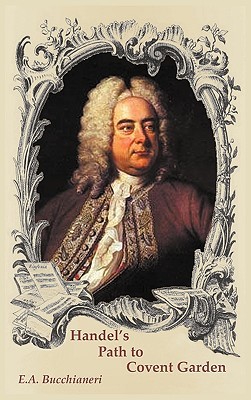(Post originally published December 24, 2010)
(Image: Angels pray at the birth of Christ, from the Wellcome Trust)
During these difficult times with the Great Recession, preparing for
Christmas seems a near impossible task, trying to be happy when
everything around appears to be at its lowest point.
If you think you are alone, don't worry, the Holy Family knows what you are going through: the first Christmas was just like this.
Imagine awaiting the arrival of your first child, but the foreign government that is occupying your country has declared a census in which you must return to your town of origin to register. You are forced to pack up and travel by donkey to a city far away through a rocky, frigid desert, as the heat of the summer is now over, and you cannot take all the things you prepared for the baby other than a pack of swaddling clothes. There is no place to stay when you arrive, the baby is about to be born, and all you are offered is something no better than a shelter for animals. If all that were not enough, the ruler of the area fears your newborn child and plans to slaughter it to ensure he stays in power. You are now a refugee forced to flee to a strange country through the Sinai Desert with no friends or family around you.
Everything appears to be a disaster, yet it was the most perfect Christmas: Christ the Saviour was born to free us from the darkness of sin. The Bread of Heaven came to earth and was laid in a manger to become our spiritual food and open paradise to us. God's promise of a Redeemer given to mankind thousands of years in the past was fulfilled at last. Shepherds were sent a heavenly messenger to tell them to adore the Shepherd of shepherds. The stars aligned to show the three wise men where to find the birthplace of the the Saviour and worship him as King of Kings. Providence was there for the Holy Family in their time of need, no doubt the shepherds brought food and warm fleece for them, the kings had provided gifts that could help financially cover their journey to Egypt. Of course, this did not make the situation any easier, but it is good to know that if you trust in God, He will see you through. A little trust in God goes a long way.
“Christmas is not a time or a season, but a state of mind. To cherish peace and goodwill, to be plenteous in mercy, is to have the real spirit of Christmas.” ~ Calvin Coolidge.




